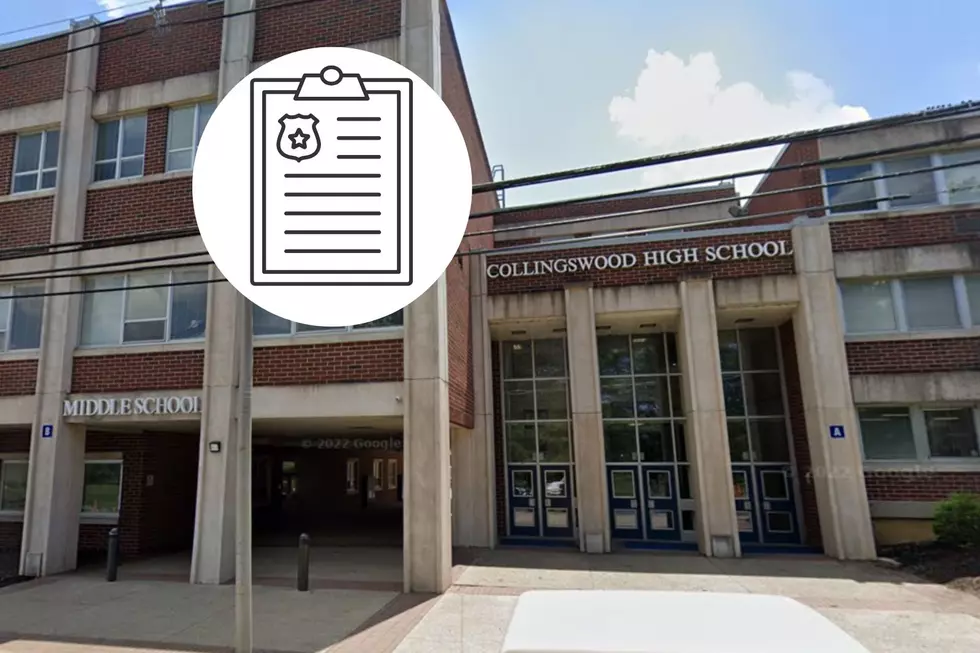
More years, not income, in Murphy free college expansion plan
TRENTON – Gov. Phil Murphy turned his state budget sales pitch Tuesday to a part of the spending proposal that seems to have hit some friction in the Legislature – expanding tuition-free college to also cover two years at a four-year institution.
Two tuition- and fee-free years at county colleges are already available, under a Community College Opportunity Grant program begun in 2018 that was recently made permanent. It applies to students in families with adjusted gross incomes of $65,000 or less, as would the proposed Garden State Guarantee at four-year public colleges.
Combined, the two programs would allow for qualifying students to earn a tuition-free bachelor’s degree by starting at a community college. But the expansion isn’t the next step Murphy had promised as a gubernatorial candidate in 2017.
Back then, Murphy proposed tuition-free community college for all, regardless of income level. It was begun at the $65,000 income threshold, which qualifies around one-third of families – and now rather than expand to cover families at moderate and higher incomes, would extend to four years of benefits for the neediest ones.
“The hope is that over time, when we rebuild our economy, when we recover from the pandemic, a lot of the initiatives that we have in place start to bear fruit, that we have more financial freedom, and we’re allowed to bring more students and more families in under that umbrella,” Murphy said in an online roundtable discussion.
“That would be my hope,” he said. “No guarantees in terms of what that looks like on the Garden State Guarantee. But that’s sort of a – that model is exactly the one that I’d like to see us pursue here.”
Murphy indicated the proposed program would have benefits for students from families with incomes above $65,000.
“The Garden State Guarantee would come with a sliding scale benefit for those students from families with income higher than $65,000, to also help them afford their degrees,” he said.
At a budget hearing last week, Higher Education Secretary Brian Bridges said the details on the sliding scales would be established by participating colleges and could phase out at $100,000 of income.
Four colleges operate similar initiatives already: Rutgers-Camden, Rutgers-Newark, William Paterson University and New Jersey City University. Three more have programs starting this fall: Stockton, Rowan and Kean universities. The Garden State Guarantee would become available starting in fall 2022.
“It has significantly changed the mindset about college access and affordability for so many intelligent students right here in our own backyard,” said Nancy Cantor, chancellor of Rutgers–Newark.
“We must nurture talent, ability, aspiration as broadly as possible,” said Susan Cole, president of Montclair State University.
Auzhane Easterling, a senior at Montclair State, said she is part of the Educational Opportunity Fund program and that state support is vital.
“It just made me feel like I had somebody there,” Easterling said. “Like I mentioned before, I am a first-generation student, so for me it’s very crucial to have the financial support and the mentorship.”
Favour Izuchukwu, a junior at Rutgers-Newark, said she will be able to earn a degree in social work and accumulate no student loan debt.
“I am set up for a good life after graduation. This is not a statement that every American student can make, so it’s not a privilege that I take lightly. And it’s a huge weight off of my shoulders,” Izuchukwu said.
“This is something that I want for every student in America, and if we can start from New Jersey I feel like this would be the blueprint for the rest of the United States of America,” she said.

The proposed budget includes $50 million to start the program, including $5 million toward planning grants for colleges. At a Senate budget committee hearing last week, lawmakers in both parties were skeptical that the state could afford the program in the long run.
Sen. Sandra Cunningham, D-Hudson, who chairs the Senate Higher Education Committee, said “it was interesting listening to the legislators there,” though described it as people “excited and wondering about it.”
“I do think that there are some things that we do need take a little look at, a little closer, and make sure that we’re on the same page,” Cunningham said. “But it is certainly a start towards providing, including and inviting more people into the four-year college arena.”
“I think this is a good start and a good way to go,” she said. “We have other issues, but I’m sure we can work them through.”
Michael Symons is State House bureau chief for New Jersey 101.5. Contact him at michael.symons@townsquaremedia.com.
NJ towns that actually cut property taxes in 2020
LOOK: The Most Famous Actor Born Every Year
More From New Jersey 101.5 FM









